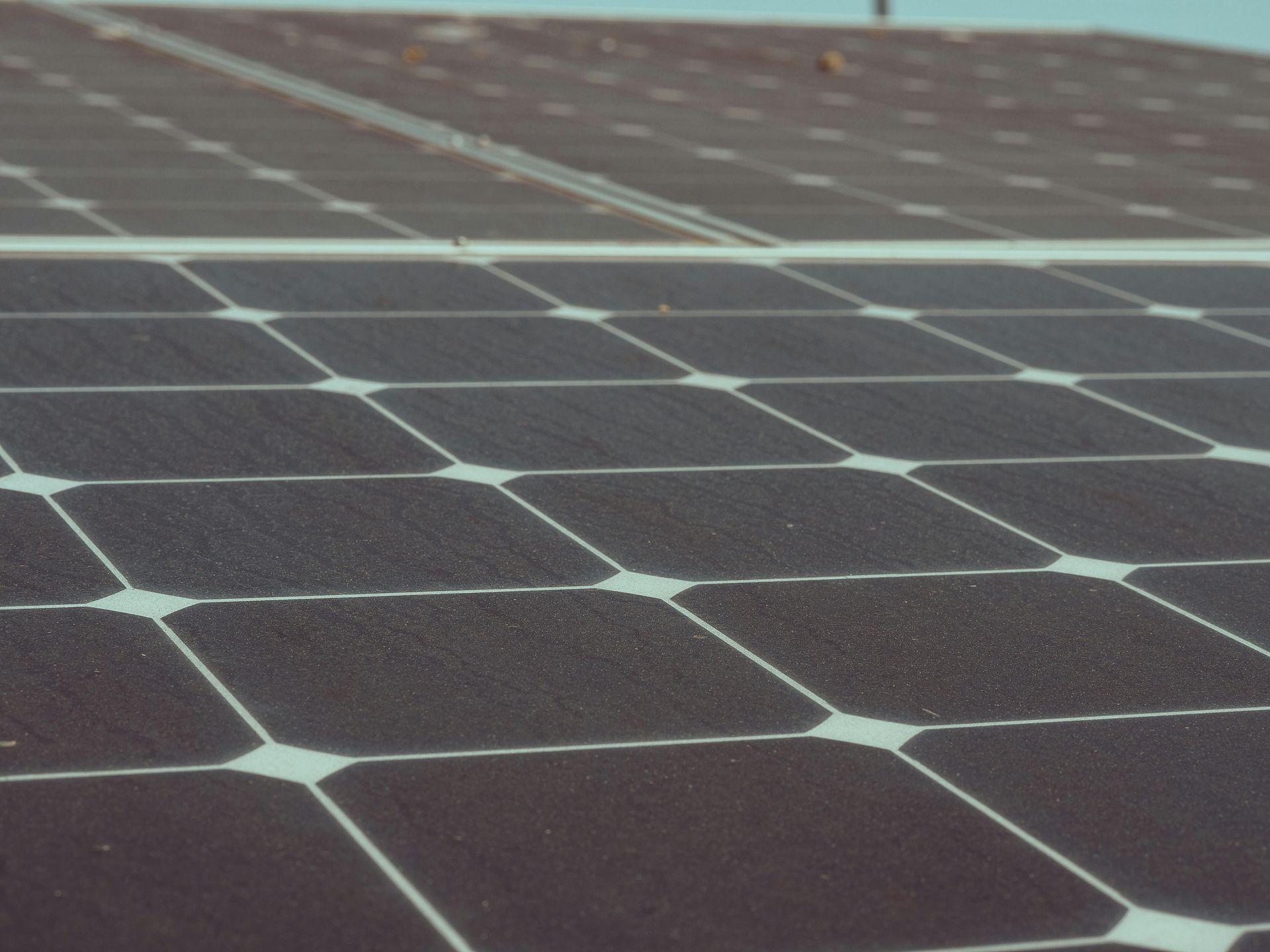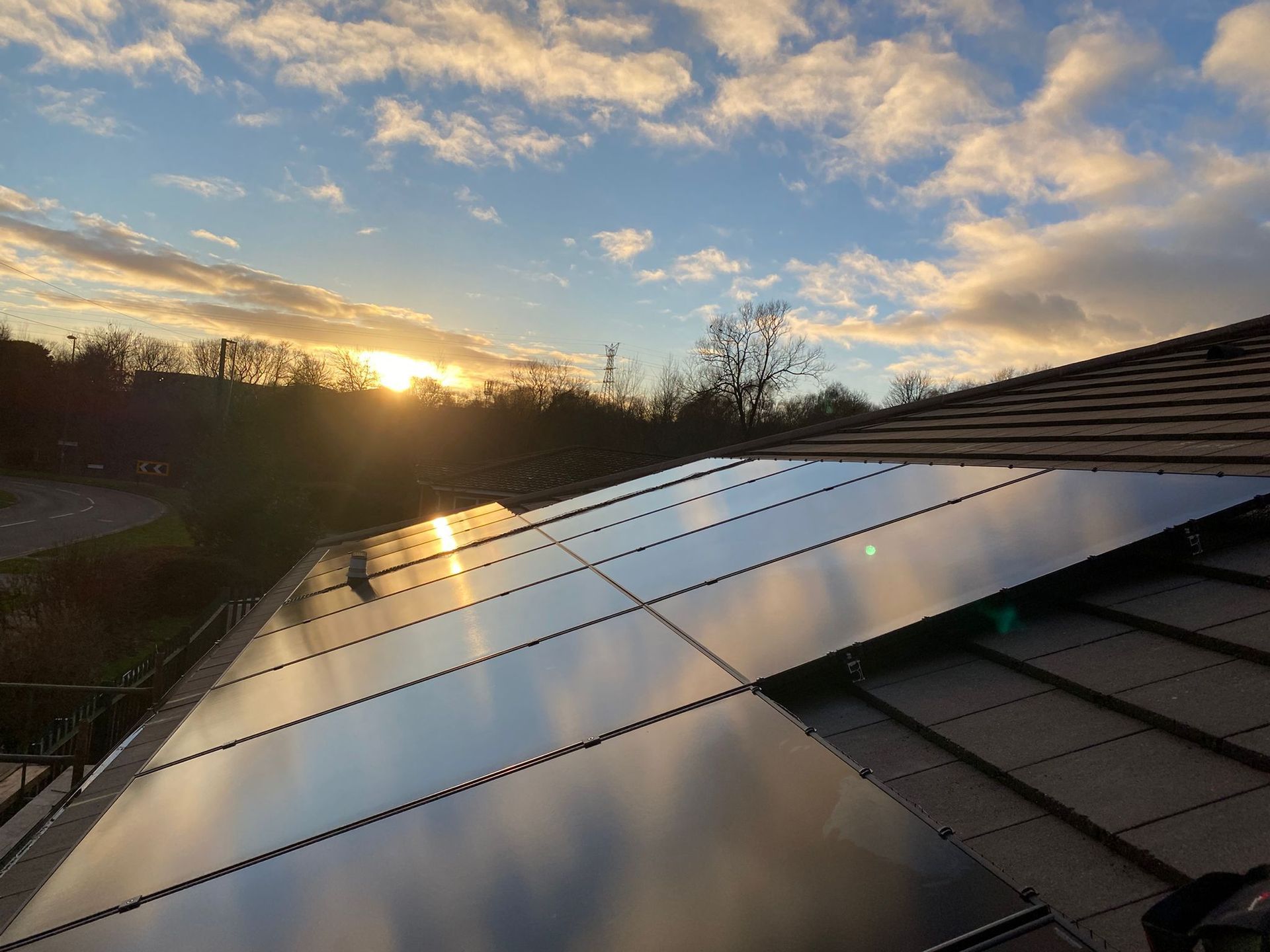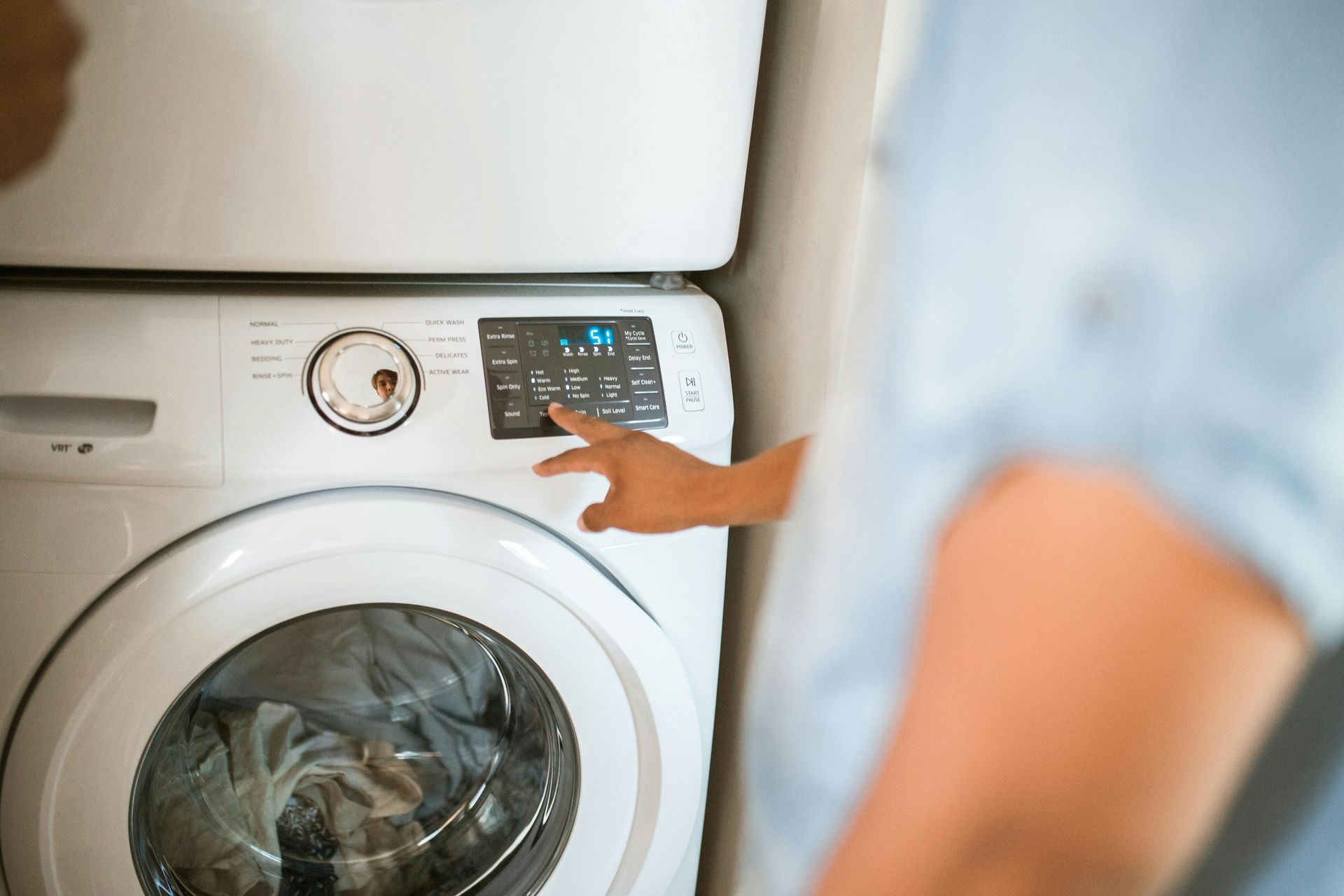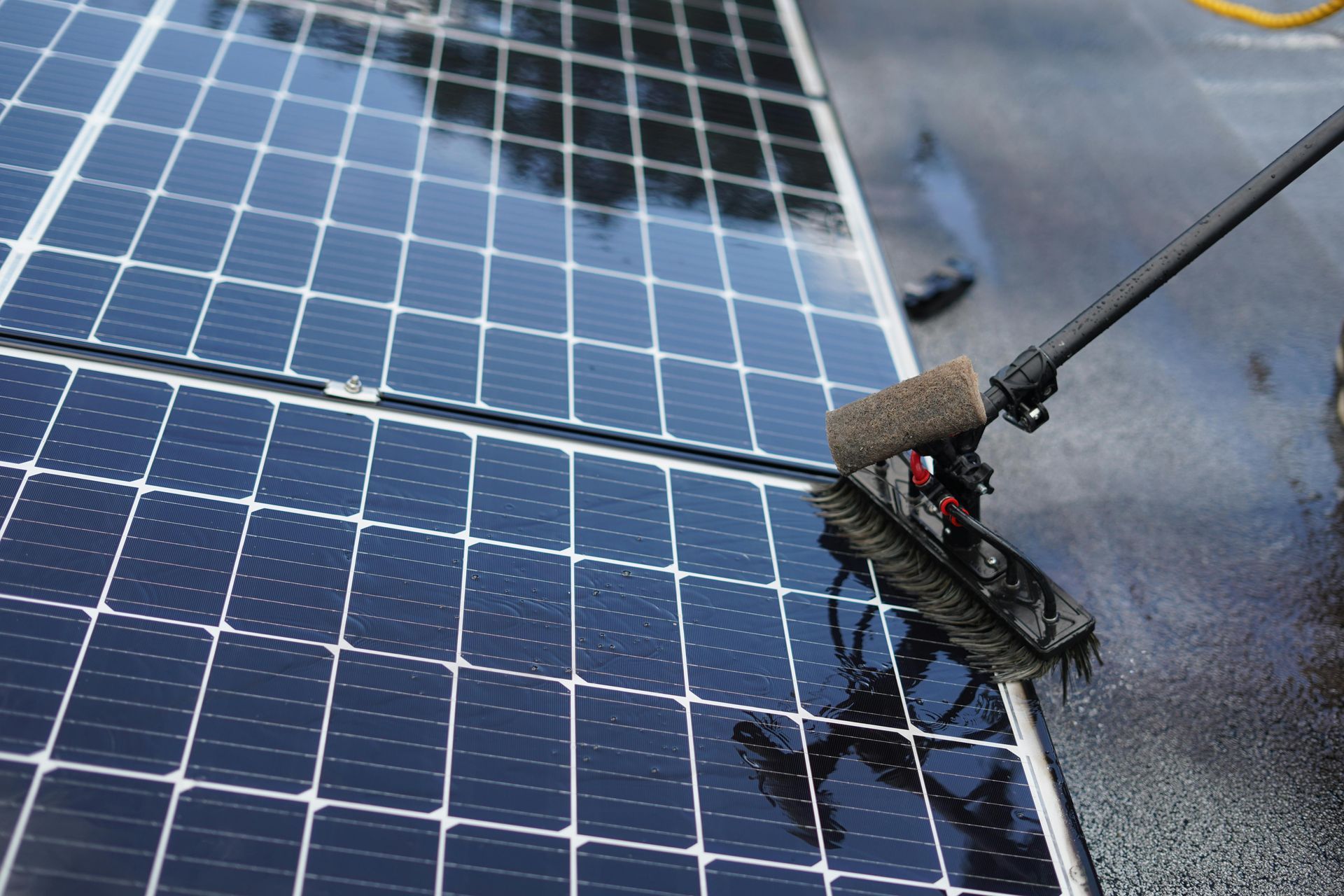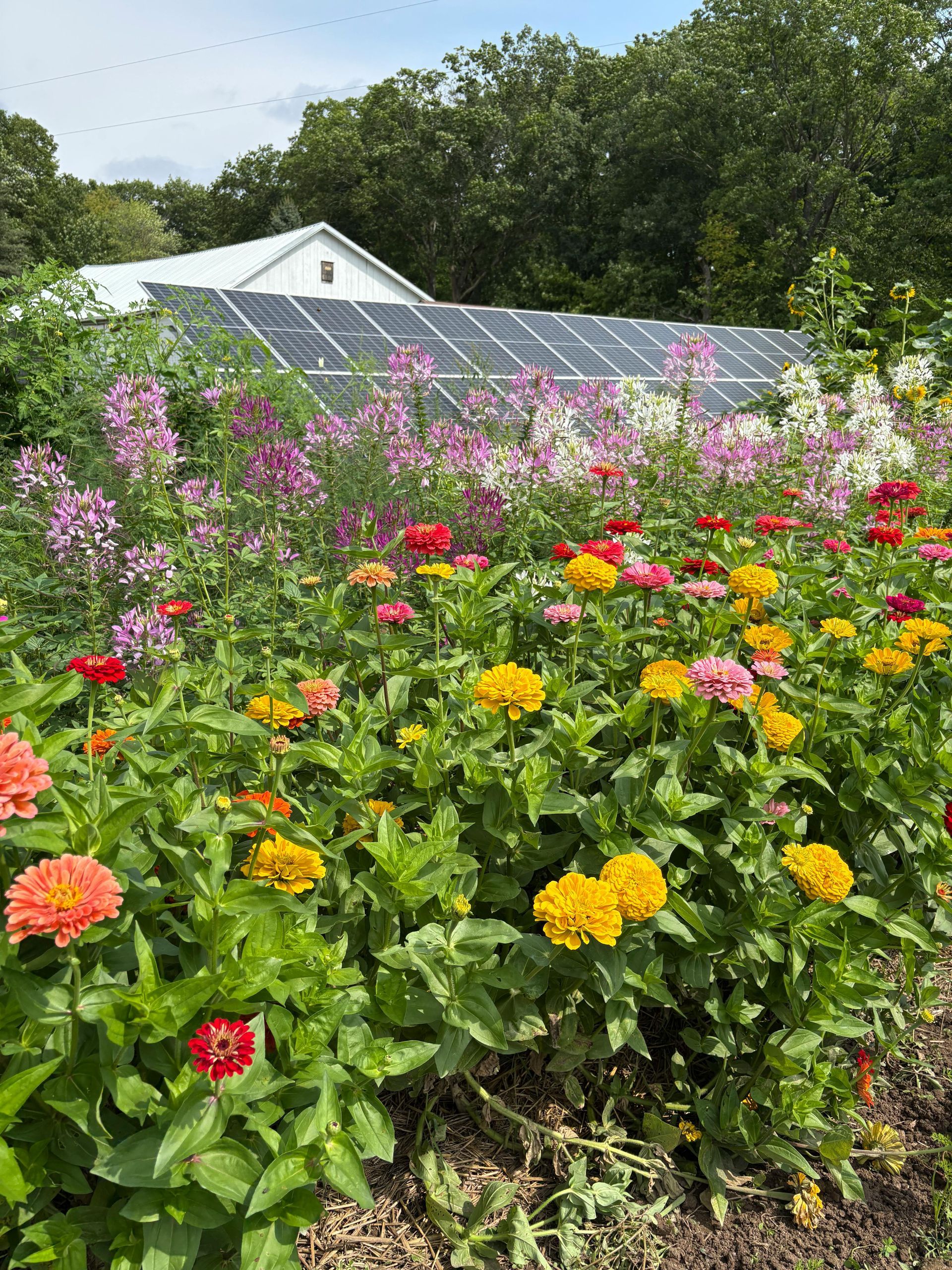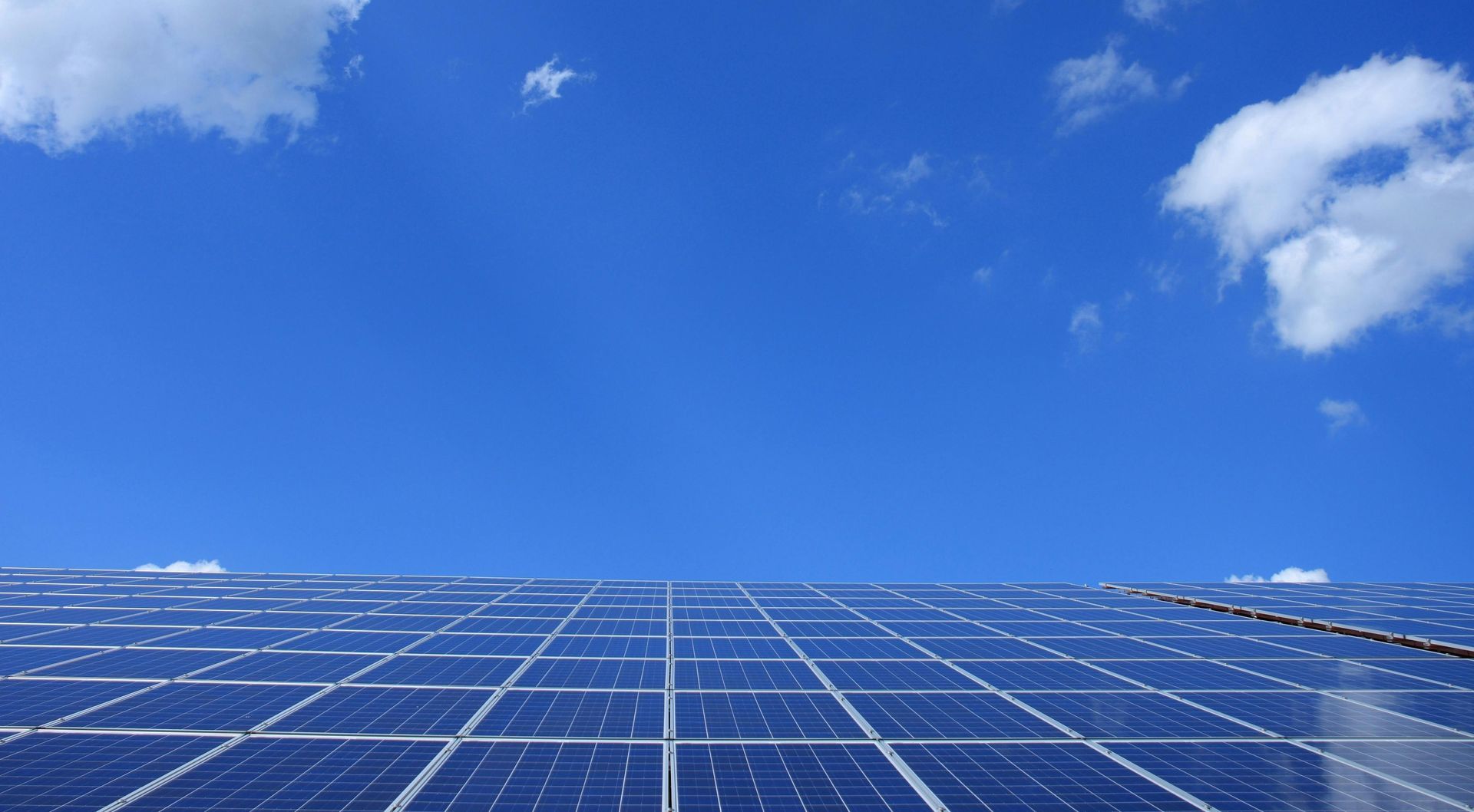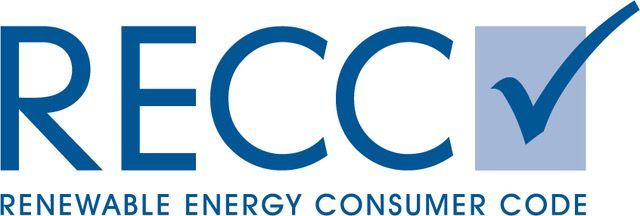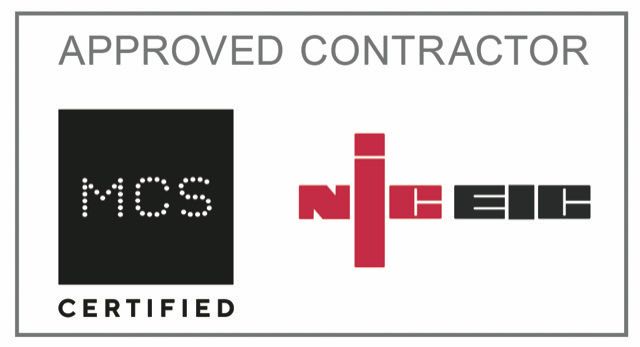How Solar Battery Storage Works: Energy Independence and Cost Savings
The Key to Energy Independence and Cost Savings
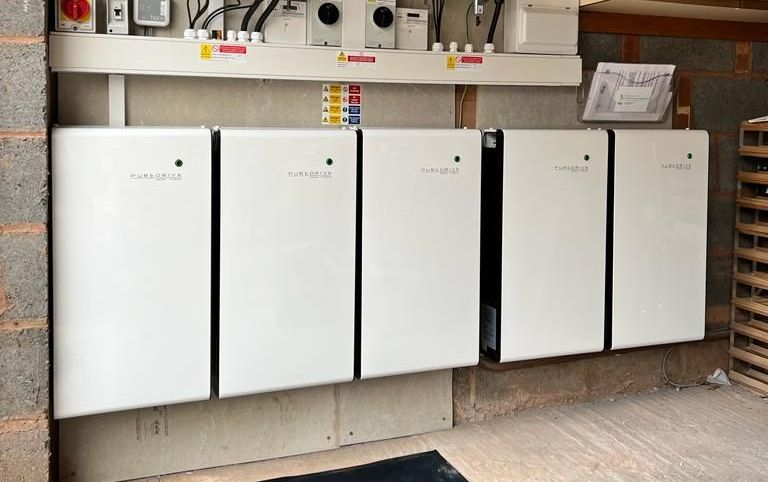
At a time where energy independence and sustainability are becoming more and more important for homeowners, understanding how solar battery storage works is crucial. This innovative technology allows households to harness the power of the sun more effectively, storing surplus electricity generated by solar panels for use when the skies are grey or the sun has set. By integrating a solar energy home battery into your system, not only do you enhance solar panel efficiency improvements, but you also gain reliable backup power for homes in the event of an outage. Moreover, the benefits of solar battery storage extend beyond mere convenience; they offer substantial cost savings on electricity bills and contribute to a more sustainable way to live.
Understanding Solar Battery Storage
Solar battery storage is a game changing technology that's revolutionising how we harness and utilise solar energy. This is what it is, how it works, and the benefits it offers.
What is Battery Storage for Solar Energy?
Battery storage for solar energy is a system that captures and stores excess electricity generated by solar panels for later use. This technology bridges the gap between energy production and consumption, allowing homeowners to maximise their solar investment.
Solar energy battery storage systems typically consist of lithium-ion batteries, similar to those found in electric vehicles. These batteries are designed to charge during peak sunlight hours and discharge when needed, such as during nighttime or cloudy days. By integrating battery storage, households can reduce their reliance on the grid and potentially achieve energy independence. This is particularly beneficial in areas with unreliable power supply or high electricity costs.
How Solar Battery Storage Works
Solar battery storage operates on a simple yet effective principle. This is the basic process:
- Solar panels generate electricity during daylight hours.
- Excess energy not immediately used is directed to the battery for storage.
- When solar panels aren't producing (e.g., at night), the stored energy is used to power the home.
- If the battery is full, excess energy can be fed back into the grid (in grid-tied systems).
This cyclical process ensures that solar energy is utilised efficiently, reducing waste and maximising the benefits of your solar investment. The system's intelligence allows it to prioritise energy use, drawing from the most cost effective source at any given time. This could be direct solar power, stored battery power, or grid electricity, depending on availability and pricing.
Benefits of Solar Battery Storage
There are many advantages of incorporating battery storage into your solar setup:
Energy Independence: By storing excess energy, you're less reliant on the grid, providing a buffer against power outages and price fluctuations.
Cost Savings: Utilising stored energy during peak pricing periods can significantly reduce electricity bills. Some utility companies offer incentives for reducing grid reliance during high demand times.
Environmental Impact: Maximising solar energy use reduces your carbon footprint, contributing to a cleaner, more sustainable future.
Moreover, solar battery storage enhances the overall efficiency of your solar system, ensuring that no generated energy goes to waste. It also provides peace of mind, knowing you have a reliable power source even when the sun isn't shining.
Enhancing Solar Panel Efficiency
While solar panels are impressive on their own, pairing them with battery storage takes their efficiency to new heights. Let's explore how this combination improves overall system performance.
Solar Panel Efficiency Improvements
Solar panel efficiency has come a long way, but integrating battery storage can further improve their performance:
Optimised Energy Use: Battery storage allows you to use solar energy when it's most beneficial, rather than being limited to daylight hours. This optimisation can lead to significant improvements in overall system efficiency.
Load Shifting: By storing energy for use during peak demand times, you can shift your energy load to maximise savings and reduce strain on the grid. Battery storage also helps mitigate the impact of intermittent cloud cover or shading, ensuring a steady power supply even when solar panel output fluctuates. This consistency improves the overall reliability and efficiency of your solar energy system.
Solar Energy Home Battery Solutions
Solar energy home battery solutions come in various sizes and capacities to suit different household needs:
Small Systems: Ideal for apartments or small homes, these batteries can store enough energy to power essential appliances overnight.
Medium Systems: Suitable for average sized homes, these can often cover most household needs, significantly reducing grid reliance.
Large Systems: Designed for larger homes or those aiming for complete energy independence, these systems can store enough energy to power a home for several days.
When choosing a solar energy home battery, consider factors such as capacity, power output, lifespan, and compatibility with your existing or planned solar panel system. It's also worth considering future proofing your investment by choosing a scalable system that can grow with your energy needs.
Achieving Energy Independence and Cost Savings
The ultimate goal of solar battery storage is to provide homeowners with energy independence and significant cost savings.
Backup Power for Homes
Solar battery storage systems serve as an excellent source of backup power for homes:
Reliability: During power outages, your stored solar energy can keep essential appliances running, ensuring comfort and safety.
Seamless Transition: Modern systems can switch to battery power almost instantaneously when grid power fails, providing uninterrupted electricity.
This backup capability is particularly valuable in areas prone to severe weather events or unreliable grid infrastructure (Dickens Heath in Solihull is strangely prone to regular power cuts!). It offers peace of mind, knowing that your home can remain powered even when the surrounding area experiences blackouts.
Moreover, having a reliable backup power source can be crucial for those who work from home or have medical equipment that requires constant power.
Financial Benefits of Solar Panels for the Home
The financial advantages of combining solar panels with battery storage are substantial:
Reduced Electricity Bills: By using stored solar energy during peak pricing periods, you can significantly cut your reliance on expensive grid electricity.
Potential for Selling Energy: In some areas, excess energy can be sold back to the grid, providing an additional income stream.
Long-term Savings: While the initial investment may be significant, the long-term savings on electricity bills can result in a positive return on investment.
As technology improves and costs decrease, the financial benefits of solar panels for the home, coupled with battery storage, are likely to become even more attractive in the coming years. To find out what this all means and how it can apply to you and your home situation, get in touch and we'll be happy to come and see you to give you the answers that you need.

